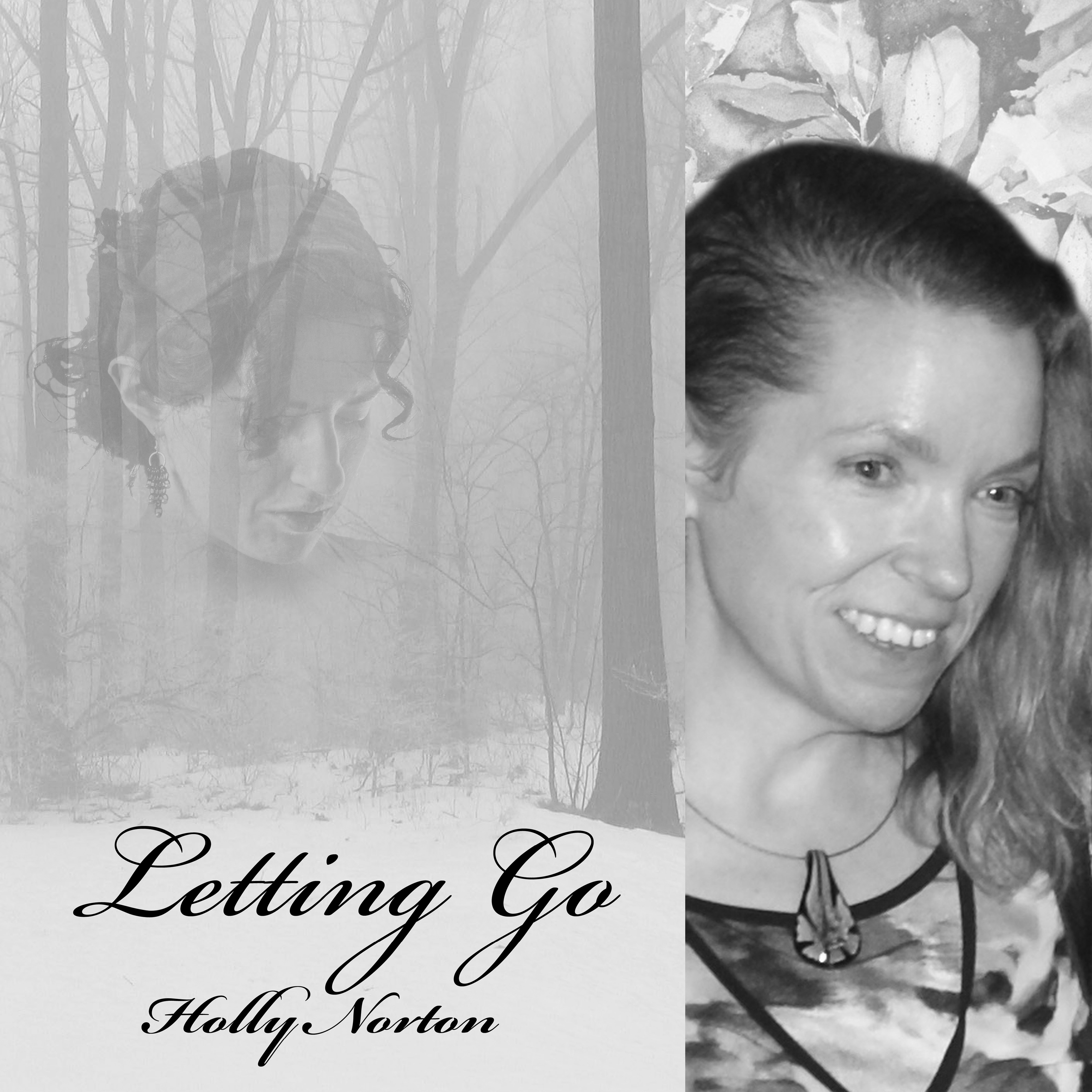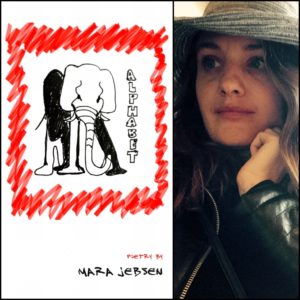Letting Go, written by gifted poet Holly Norton, takes the reader on a poignant journey from childhood to middle age, from a dysfunctional family to a caustic relationship. Norton writes with vivid sensory imagery, weaving her words to superbly create the bitterness of betrayal to the sweetness of simple human touch. Her poems are inarguably the stuff of life, and the reader cannot help but be drawn in by her aptly-chosen words and deeply moved by her scenarios.
–Carmel L. Morse, PhD, Associate Professor and Chair of English and Humanities, University of Northwestern Ohio
The poems of Holly Norton’s Letting Go chronicle a tug of war with catharsis. All the injuries inflicted by a modern life – a troubled childhood, the loss of parents, a lover’s betrayals, inevitable aging – are fodder for her poems. She hangs on tenaciously to these memories, and if the telling of them gives her some relief, it also preserves them memorably. As her poem “Distillation” puts it, “My finish is not smooth but bitter.” However, the finish of these heartfelt poems is far more than bitter – it is accomplished, incisive, and truly moving. “Ceremony,” the closing poem of her collection, depicts someone who cuts herself, or as the poem puts it, “This woman operates alone,/removes pieces of herself to feel whole.” Metaphorically these poems, which merit a sympathetic reading, do the same thing.
–Will Wells, author of Conversing with the Light and Unsettled Accounts
In many ways, this collection of poetry is indeed about a letting go, a kind of clearing away in order to make space for change, growth, life to happen. However, reading this collection becomes engaging and engrossing as the reader is regularly called into these poems. The speaker accuses: “you smelled vulnerability.” The reader enters: “you came in your wagon.” The two take up their roles together: “you only knew you would protect her.” In this way, we are continuously invited to hold onto these lines, to participate in them, to share in the experiences they describe. And, sharing in the experiences these poems catalog undoubtedly engenders change and growth in the lives of all who read them.
–Jacob King,Assistant Professor, Rhodes State College






Jacob King –
In many ways, this collection of poetry is indeed about a letting go, a kind of clearing away in order to make space for change, growth, life to happen. However, reading this collection becomes engaging and engrossing as the reader is regularly called into these poems. The speaker accuses: “you smelled vulnerability.” The reader enters: “you came in your wagon.” The two take up their roles together: “you only knew you would protect her.” In this way, we are continuously invited to hold onto these lines, to participate in them, to share in the experiences they describe. And, sharing in the experiences these poems catalog undoubtedly engenders change and growth in the lives of all who read them.
Will Wells –
The poems of Holly Norton’s “Letting Go” chronicle a tug of war with catharsis. All the injuries inflicted by a modern life – a troubled childhood, the loss of parents, a lover’s betrayals, inevitable aging – are fodder for her poems. She hangs on tenaciously to these memories, and if the telling of them gives her some relief, it also preserves them memorably. As her poem “Distillation” puts it, “My finish is not smooth but bitter.” However, the finish of these heartfelt poems is far more than bitter – it is accomplished, incisive, and truly moving. “Ceremony,” the closing poem of her collection, depicts someone who cuts herself, or as the poem puts it, “This woman operates alone,/removes pieces of herself to feel whole.” Metaphorically these poems, which merit a sympathetic reading, do the same thing.
Carmel Morse –
“Letting Go,” written by gifted poet Holly Norton, takes the reader on a poignant journey from childhood to middle age, from a dysfunctional family to a caustic relationship. Norton writes with vivid sensory imagery, weaving her words to superbly create the bitterness of betrayal to the sweetness of simple human touch. Her poems are inarguably the stuff of life, and the reader cannot help but be drawn in by her aptly-chosen words and deeply moved by her scenarios.